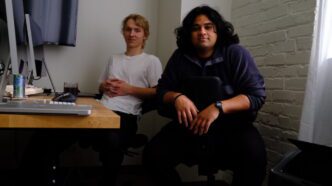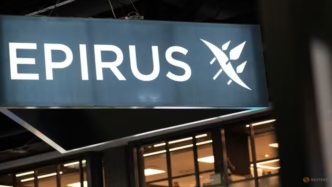The man behind a viral layoff prank is now building an AI tool used by Harvard Business School. In 2022, Rahul Sonwalkar posed as a fired Twitter engineer named “Rahul Ligma,” fooling reporters and igniting a media frenzy. But while the moment was a joke, the founder behind it is serious about tech.
Sonwalkar never worked at Twitter, but he’s no stranger to Silicon Valley. He was an engineer at Uber and later joined Y Combinator, where he explored a logistics startup. That idea didn’t pan out — but what followed was Julius, an AI tool he launched to make data science easier for everyone.
Julius allows users to analyze data, visualize insights, and create predictive models using natural language. It’s built for business users who don’t code but still need powerful analytics. In just two years, the platform has grown to over 2 million users.
“I wanted to build an AI tool that made complex analysis feel intuitive,” said Sonwalkar. That vision has caught the attention of top educators. Harvard Business School selected Julius as the core platform for its new required course: Data Science and AI for Leaders.
Iavor Bojinov, an assistant professor at HBS, said his team tested multiple tools — including ChatGPT and Claude — but Julius came out on top. The school asked Sonwalkar to tailor Julius for classroom use. Now, it’s helping teach 1,000 MBA students every year how to work with data and AI.
Julius runs lean, with a team of just 12 people, but it’s backed by top-tier investors. Sources close to the company say Bessemer Venture Partners led a seed round, with general partner Talia Goldberg involved. While the team hasn’t shared the round’s size, the backing signals serious potential.
Asked whether the “Ligma” prank opened any doors, Sonwalkar said it helped early on. “A little bit in the early days,” he admitted. “But to be honest, not as much recently.”
Today, the focus is clear. Julius is no longer just a clever AI tool built for laughs — it’s a serious product being used by future business leaders and trusted by investors who see what’s coming next.













